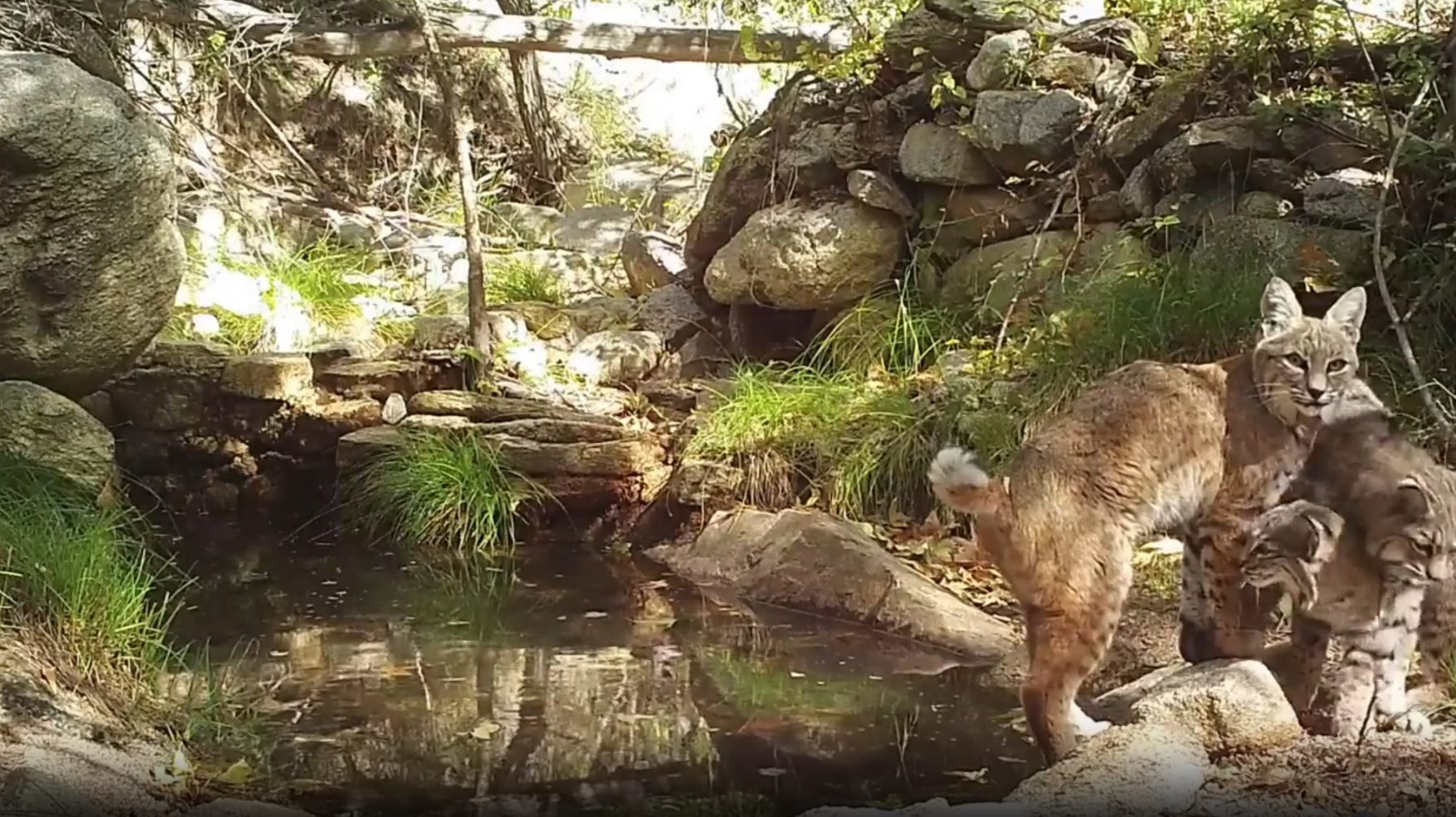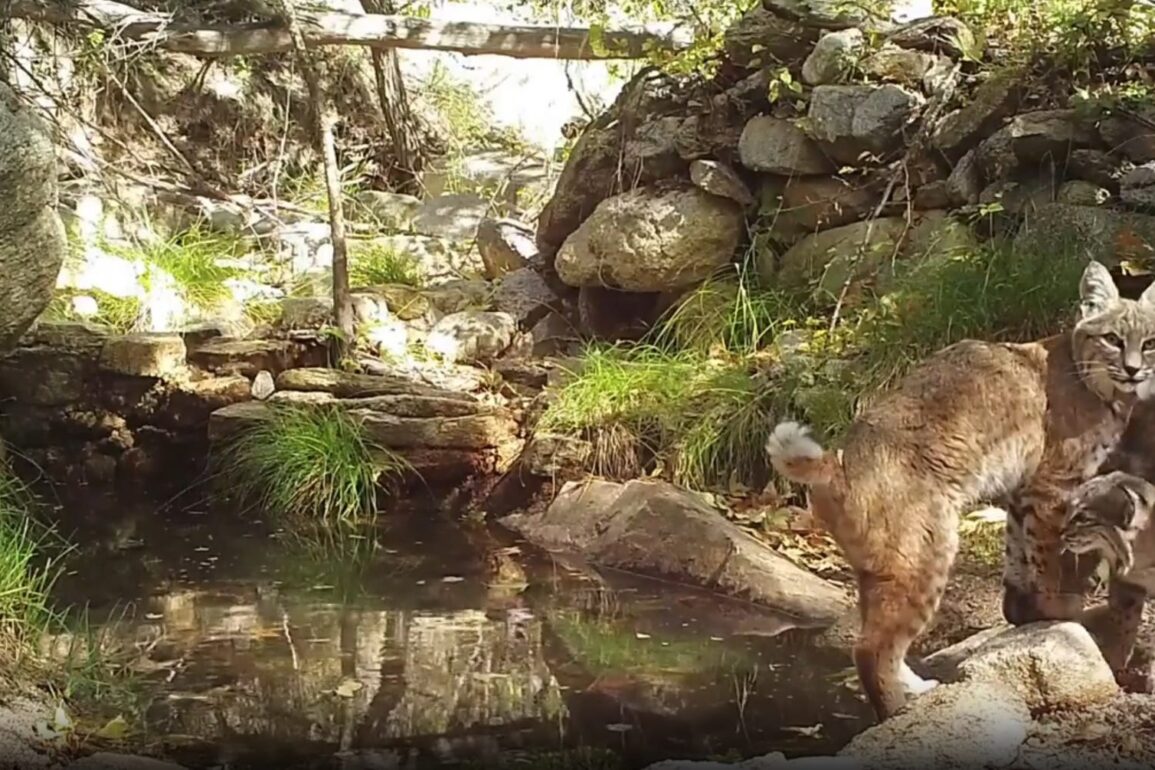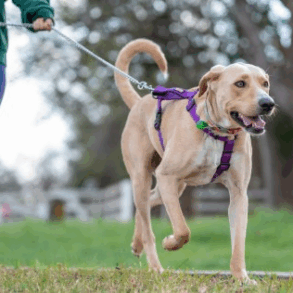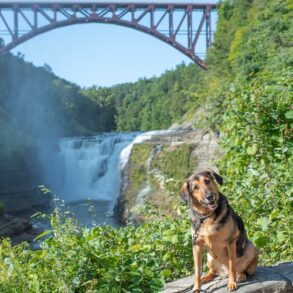
Watch: Bobcats, ocelots, bear, jaguars on trail camera in Arizona
Trail camera footage compiled by the Center for Biological Diversity shows the diverse wildlife they say are impacted by hunting dogs in Arizona.
Provided by the Center for Biological Diversity
- The Arizona Game and Fish Commission voted unanimously to reject a petition by conservation groups to limit the use of hunting dogs in Arizona.
- The conservation groups argued that allowing the use of dogs to hunt mountain lions and other predators threatened endangered species like jaguars and ocelots.
- Hunters defended the use of dogs, calling them important to wildlife conservation, and said GPS collars helped keep the hunts safer.
Hunting mountain lions and other predators with dogs will remain legal in Arizona, after the Arizona Game and Fish Commission denied efforts by wildlife groups to ban the practice.
The decision April 11 followed close to three hours of public comment at a commission meeting, where hunters who use dogs to legally pursue and sometimes kill predators like bears and mountain lions argued for the wildlife management benefits of hound hunting and defended the GPS technology they use to track their dogs while hunting.
Others spoke against hunting with hounds, saying the GPS devices and dogs were an unfair advantage for hunters and might harm endangered species like ocelots and jaguars.
Commissioner Jeff Buchanan commended members of the public on both sides of the petition issue for having the courage to speak their minds at the meeting.
“Continue to follow your heart, continue to get involved, and continue to speak up for what you think is right,” Buchanan told people at the commission meeting.
The petition, submitted by the Tucson-based Center for Biological Diversity and five other groups, would have banned dog packs for hunting mammals but not birds.
In the petition, the Center stated concerns about hunting dogs’ negative impacts on endangered species, like jaguars, ocelots, and Mexican gray wolves, including health effects from the physical stress during pursuit and the abandonment of habitat and offspring. Though hunting endangered species is illegal, hunting dogs sometimes pursue and corner those species while a hunter is seeking legal game.
“This isn’t just about protecting these individual animals, it’s about making Arizona viable for the recovery of these animals just as they’re getting a stronghold in our state,” Russ McSpadden, the Center’s Southwest conservation advocate, told commissioners.
The petition also argued that GPS tracking collars worn by hunting dogs are an unfair tool when hunting big game, and can reduce supervision over dogs.
Commissioners voted unanimously to deny the petition, following the recommendations of Arizona Game and Fish Department staff.
Jim Heffelfinger, wildlife science coordinator for the Game and Fish Department, told commissioners that department staff did not believe the center had presented information that supported the claims in their petition.
“The allegations that hunting with dogs disrupts ecosystem balance, represents a public safety hazard, represents a risk to non-target and protected wildlife, and violates Arizona laws and regulations are not supported by the information in the petitions or any known scientific literature,” Heffelfinger said.
Heffelfinger said hounds are an important tool for managing and tracking mountain lion and bear populations. Dogs also help hunters get closer to mountain lions, enabling them to only kill cats of the sex they are allowed to shoot, Heffelfinger said. In areas without hunting dogs, Heffelfinger said more female mountain lions get shot by accident, working against conservation goals.
Commonly used for hunting mountain lions and black bears in Arizona, hunting dogs have a long tradition in the state. Hunting some animals with packs of dogs is legal, with a season designated for “pursuit-only,” in which the dogs trap an animal in a tree but hunters do not kill it, and regular hunting seasons in which hunters kill the pursued animal.
Hunters at the commission meeting said the GPS dog collars make their hunts safer for dogs. They said most hunters stay as close to their dogs as possible when hunting, even if they can track them from a distance using GPS collars. They repeatedly asked commission members to consider conservation science over what they saw as emotional pleas from petition supporters, and some brought their children to read statements about the tradition of hunting with hounds. Some hunters emphasized their deep attachments to their dogs.
“My dogs sleep in my bed every night, and they love to get out,” said one hunter, Zach May. “They get better medical care than I provide for myself.”
In a statement after the commission’s decision, McSpadden indicated that the debate over dog hunting may not be over. McSpadden said commissioners were “out of touch” with Arizonans who love the endangered species that hunting dogs purportedly harm, and that the center would continue working on the issue.
“Commissioners could’ve aligned state rules with ethical hunting standards and the Endangered Species Act, but instead they chose to allow this harmful practice to continue. We’ll keep fighting for these commonsense protections for Arizona’s endangered wildlife,” McSpadden said.
A bill that would change the law to explicitly allow hunting dogs was introduced in the Legislature this session. House Bill 2552 passed through committees, but has not made it out of the House yet.
Austin Corona covers environmental issues for The Arizona Republic and azcentral. Send tips or questions to austin.corona@arizonarepublic.com
Environmental coverage on azcentral.com and in The Arizona Republic is supported by a grant from the Nina Mason Pulliam Charitable Trust.
Sign up for AZ Climate, our weekly environment newsletter, and follow The Republic environmental reporting team at environment.azcentral.com and @azcenvironment on Facebook and Instagram.
This post was originally published on this site be sure to check out more of their content.







































